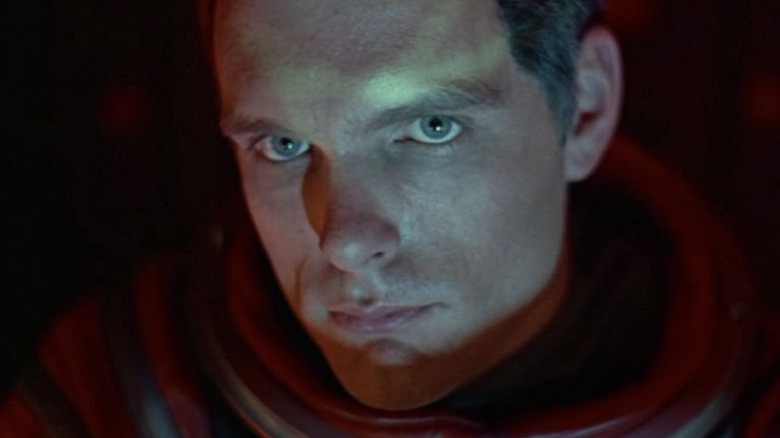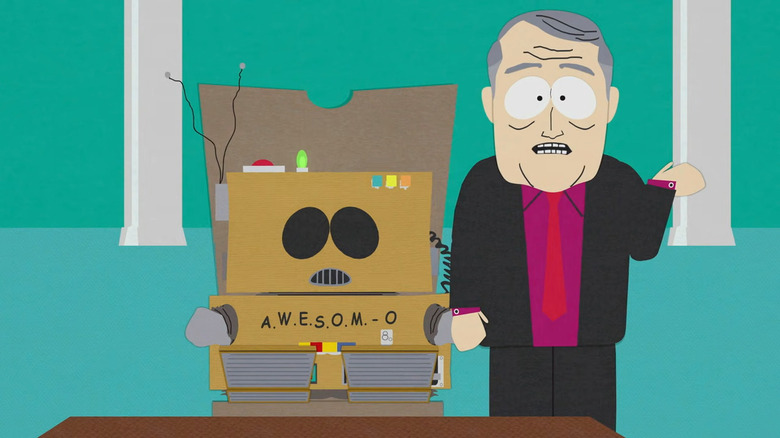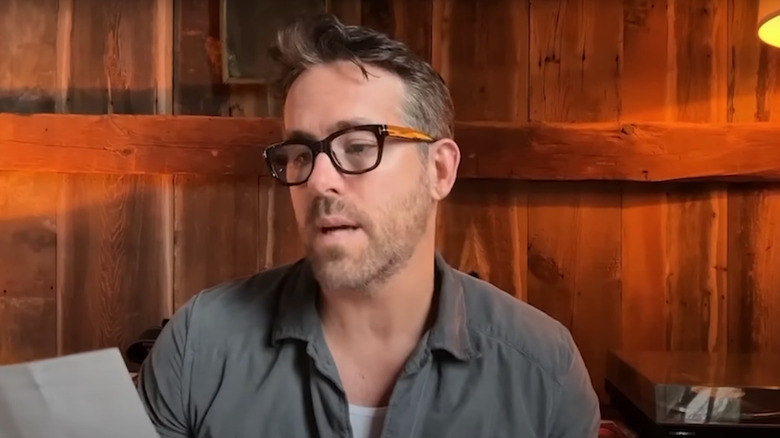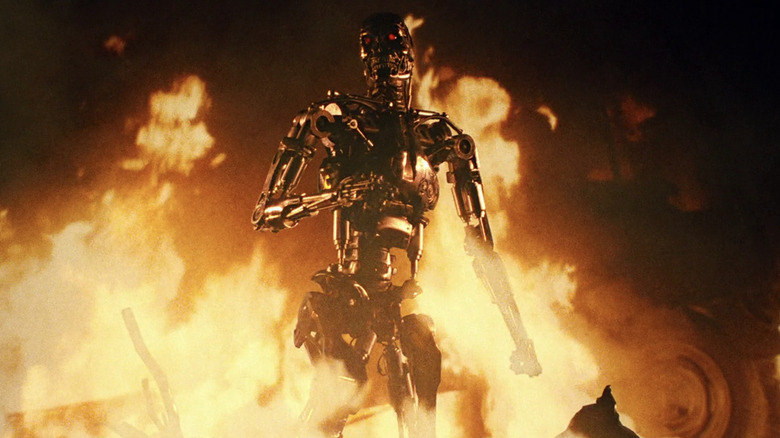What Is ChatGPT And Why Will It Fail To Replace Screenwriters?
Humanity has come a long way since its inception, and where other beings on this planet may have evolved claws, fangs, or flight, humanity's greatest strength is our collective intelligence and our ability to grow and adapt to our environments. Mankind has certainly advanced at a breakneck speed from being a simple hunter and gatherer society to constructing massive monoliths that stand for thousands of years. These advances are always driven by innovation and technology, which can take normally mundane tasks and either make them exceptionally easy or eliminate the job altogether.
Although some occupations can withstand the test of time, such as doctors, carpenters, or soldiers, others may not — how many professional lamplighters, ice cutters, or pin setters are running around these days? As technology progresses some may lash out, which has created movements like the Luddites, which according to Britannica, was a social movement of the early 1800s that saw British textile workers destroy the very equipment that was replacing them. This led to the term "Luddite" being used to describe anybody who is afraid of technology-inspired change.
These days, artificial intelligence is doing everything from driving cars, creating art, and even providing mental health advice. However, will the ever-increasing prowess of artificial intelligence threaten screenwriters, or will it become just another tool?
Will artificial intelligence replace creativity?
The idea that artificial intelligence, or AI, will soon take over creative jobs has long been the subject of comedy. The popular show "South Park" once had a well-received episode where Eric Cartman (Trey Parker) pretends to be a robot, and he is immediately set upon by Hollywood executives who believe him to be some kind of advanced machinery. In order to keep up his ruse, Cartman pitches over 100 movies involving Adam Sandler, and the executives simply can't get enough of it (as illustrated by this clip on YouTube). Similarly, The Verge reported on AI-written chapters of a "Harry Potter" book that involves Ron Weasley tap dancing, turning into spiders, and attempting to eat Hermione's parents.
This isn't to say that AI capable of superficial or creative writing won't ever be available or practical, though. A recent article by Tech Crunch focuses on ChatGPT, a brand new AI-powered chatbot that apparently is capable of writing both creatively and professionally. ChatGPT's future certainly looks bright, with companies like Microsoft investing heavily. Even Ryan Reynolds is getting in on the viral ChatGPT, which he used in an ad for Mint Mobile over on YouTube – though the actor certainly notes how creepy the script feels.
As of December, ChatGPT's parent company OpenAI reported that the service had over one million users, though there is currently a waitlist for new customers. The service is also reportedly quite expensive to operate as the processing power needed is cloud-based, which means there isn't a central ChatGPT server that handles all incoming requests.
Creatives who have used ChatGPT aren't worried about their jobs
So is something like ChatGPT a threat to those in the entertainment industry, like screenwriters? According to The Hollywood Reporter, the growing prevalence of programs like ChatGPT is certainly creating quite a stir among writers and professionals. "Big Fish" and "Aladdin" writer John August, who has been given a chance to use ChatGPT, said of the service: "Do I see this in the near term replacing the kind of writing that we're doing in writers rooms every day? No, I don't. There certainly is no putting the genie back in the bottle. It's going to be here, and we need to be thinking about how to use it in ways that advance art and don't limit us."
Others were also rather apprehensive about this new technology's ability to effectively write creative works. An anonymous showrunner and writer explained to THR that they also have been given a chance to use ChatGPT, and that they feel like the service is incapable of writing funny jokes or producing results that would actually make it to an official script without significant input and edits. They added, "When people conclude that this is going to replace professional writers, I think they're sort of swallowing an Elon Musk-style fantasy about the future that is not actually connected to the technology."
Besides the actual effectiveness of ChatGPT's ability to mimic human communication, there are other aspects that hinder something like ChatGPT from entirely replacing screenwriters and other creatives.
AI will never understand human emotions and can only pretend to be creative
It is important to realize that artificial intelligence is currently just that — artificial. Complex algorithms can mimic some of the intricacies of human thought, though they will never understand it on the level that even human children can attain. There is a lot of subtlety in human interactions and creativity, which often stems from our collective skill in drawing conclusions and inspiration from objects or events that aren't immediately connected. Forbes has reported that AI will never replace human creativity because creativity requires intuition and empathy, which is something that AI can only pretend to have. However, the publication does note that AI can act as a supplement in artistic endeavors, but it will never truly supplant them.
In addition, the website Crayon also explains that there are many differences between humanity's intelligence and AI, which is generally limited by scope and experience. They clarify that AI usually has a very narrow scope of intelligence that allows them to perform some tasks quite admirably, though outside of this set of information, an AI's ability to adapt to new situations is limited by the amount of knowledge it was created with. On the other hand, humans possess what is known as general intelligence, which allows people to draw conclusions from very different stimuli. In addition, many creative endeavors require emotions and empathy, which artificial intelligence totally lacks.
Sure, AI might be able to pretend to understand heartbreak, but it will never truly comprehend. In other words, AI like ChatGPT may act as a tool for creatives in the near future, but it will never replace the true soul of the artist.



